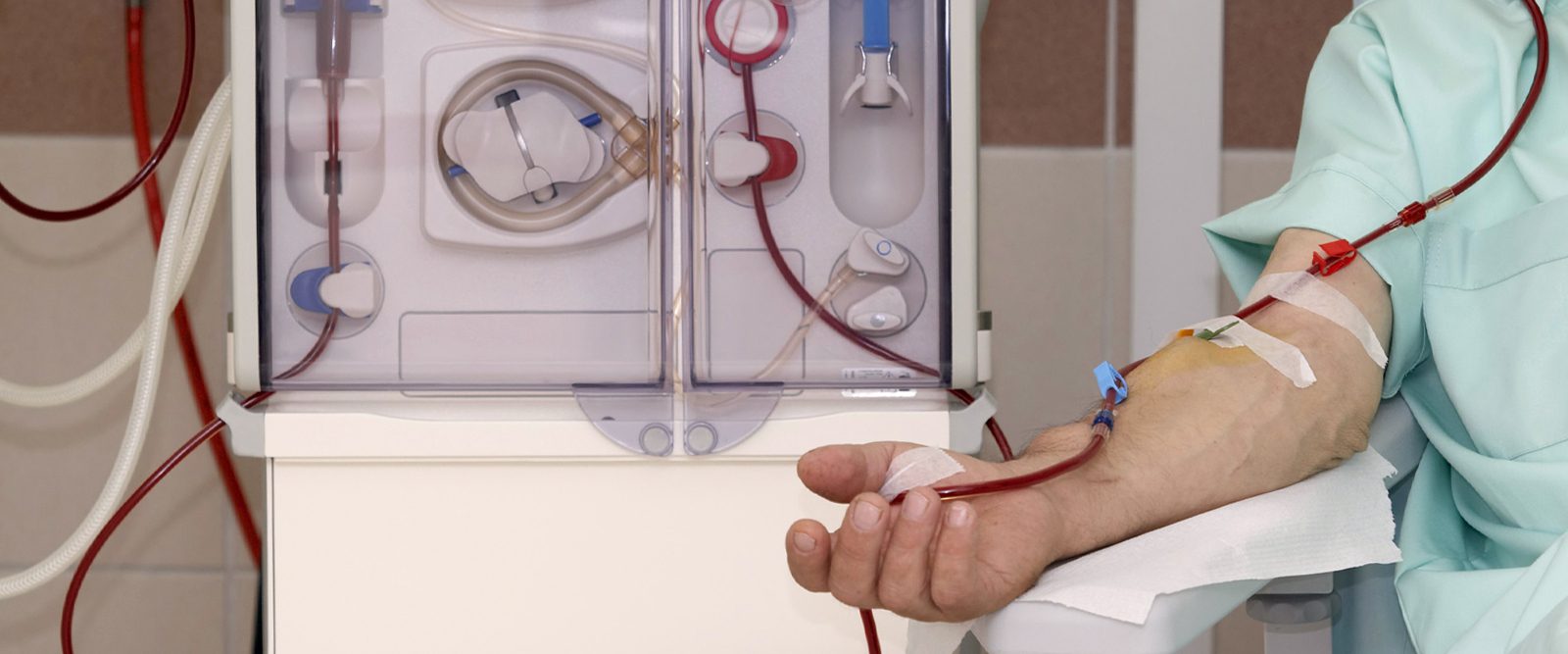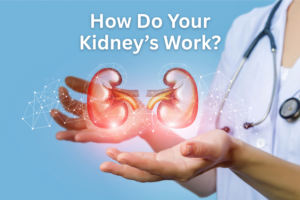Kidney health is essential for maintaining the body’s overall well-being. When kidneys fail to function properly due to chronic conditions or acute injuries, dialysis becomes a crucial treatment to help remove waste products and excess fluids from the blood. Understanding how dialysis works can empower patients and their families to make informed decisions about their treatment options. At Mobil Dialysis, we specialize in providing comprehensive and personalized dialysis services that cater to the unique needs of every patient. In this article, we will be discussing the mechanics of dialysis, exploring its different types, and highlighting the benefits of dialysis treatment. Whether you are new to dialysis or seeking to learn more, this guide will offer valuable insights into this life-saving procedure.
Understanding Kidney Function and Dialysis
The kidneys are vital organs that perform several crucial functions essential for maintaining the body’s overall health. Each kidney contains about one million tiny filtering units called nephrons, which filter blood to remove waste products, excess fluids, and toxins. This filtration process produces urine, which is then excreted from the body. Beyond filtration, the kidneys also help maintain the correct balance of electrolytes such as sodium, potassium, and calcium, which are essential for nerve function, muscle contraction, and other critical processes.
When kidneys fail due to conditions like chronic kidney disease (CKD) or acute kidney injury (AKI), they can no longer perform these essential functions effectively, leading to the accumulation of waste products and excess fluids in the blood, which can be life-threatening. Dialysis is a medical treatment that replicates many of the functions of healthy kidneys, providing a critical lifeline for patients with kidney failure. Dialysis removes waste products, excess fluids, and electrolytes from the blood, helping to maintain the body’s internal balance and prevent complications from kidney failure. By understanding the vital role kidneys play and the importance of dialysis, patients and their families can make informed decisions about their healthcare. Mobil Dialysis is dedicated to offering high-quality, personalized dialysis services, supporting patients in maintaining their health and quality of life.

Types of Dialysis
There are two main types of dialysis: hemodialysis and peritoneal dialysis. Each type has its unique procedures and benefits.
Hemodialysis:
Hemodialysis is the most common type of dialysis. It involves the following steps:
- Access Creation: To perform hemodialysis, a vascular access point is created. This access point can be an arteriovenous (AV) fistula, AV graft, or a central venous catheter.
- Blood Removal: Blood is drawn from the body through the vascular access point and circulated through a dialyzer (artificial kidney).
- Filtration: The dialyzer has a semipermeable membrane that filters out waste products, excess fluids, and electrolytes from the blood. Dialysate, a special fluid, helps in this filtration process.
- Blood Return: The filtered blood is then returned to the body through the vascular access point.
Hemodialysis is typically performed three times a week, with each session lasting between 3 and 4 hours. It can be done at a dialysis center or at home with proper training and equipment.
Peritoneal Dialysis:
Peritoneal dialysis uses the lining of the abdomen (peritoneum) as the filter. It involves the following steps:
- Catheter Insertion: A catheter is surgically placed into the abdominal cavity.
- Dialysate Infusion: A sterile dialysate solution is infused into the abdominal cavity through the catheter.
- Filtration: The peritoneum acts as a natural filter, allowing waste products and excess fluids to pass from the blood vessels into the dialysate.
- Drainage: After a set dwell time, the dialysate, now containing the filtered waste products, is drained out of the abdomen and replaced with fresh solution.
At Mobil Dialysis, we provide CAPD (Continuous Ambulatory Peritoneal Dialysis) and CCPD (Continuous Cyclic Peritoneal Dialysis) services.

8 Benefits of Dialysis
Dialysis is a life-saving treatment for individuals with severe kidney disease. When kidneys are no longer able to function effectively, dialysis takes over their role, ensuring the removal of waste products and excess fluids from the body. This process provides numerous benefits, significantly improving the quality of life and overall health of patients. Here are some key benefits of dialysis:
Removal of Waste Products and Toxins: One of the primary functions of dialysis is to remove waste products and toxins that accumulate in the blood due to impaired kidney function. This includes urea, creatinine, and other metabolic byproducts that can become harmful if not eliminated. By filtering these substances out of the blood, dialysis helps prevent the toxic buildup that can lead to severe health complications.
Regulation of Fluid Balance: Dialysis helps maintain the body’s fluid balance by removing excess fluids that the kidneys can no longer manage. This is crucial in preventing conditions such as edema (swelling) and hypertension (high blood pressure), which can arise from fluid overload. Proper fluid balance also helps reduce the risk of heart failure and other cardiovascular issues.
Electrolyte Balance: Maintaining the correct balance of electrolytes, such as sodium, potassium, and calcium, is essential for the proper functioning of muscles, nerves, and other tissues. Dialysis helps regulate these electrolyte levels, preventing potentially life-threatening imbalances. For instance, it can prevent hyperkalemia (high potassium levels), which can lead to dangerous heart rhythms.
Improved Quality of Life: Dialysis allows patients with kidney failure to lead more normal and active lives. With regular treatment, many individuals can continue working, participating in social activities, and enjoying hobbies. Dialysis offers the possibility of a longer life with fewer complications from kidney disease.
Customized Treatment Options: Dialysis treatment can be tailored to fit individual needs and lifestyles. There are two main types of dialysis—hemodialysis and peritoneal dialysis—each offering different advantages. Patients can choose the option that best suits their medical condition and personal preferences. Additionally, home dialysis options provide flexibility, allowing treatments to be scheduled around work, family, and other activities.
Support for Kidney Transplant Patients: For patients awaiting a kidney transplant, dialysis serves as a critical bridge, maintaining their health until a suitable donor organ becomes available. Dialysis helps keep these patients in better overall condition, increasing the chances of a successful transplant and recovery.
Enhanced Nutritional Status: Regular dialysis treatments help patients maintain better nutritional status by managing waste products and fluid levels. This is important because proper nutrition is vital for overall health, immune function, and the ability to fight infections. Dialysis can help reduce dietary restrictions, making it easier for patients to meet their nutritional needs.
Emotional and Psychological Support: Dialysis providers, like Mobil Dialysis, often offer comprehensive care that includes emotional and psychological support. Dealing with chronic kidney disease and dialysis can be challenging, and having access to counseling, support groups, and educational resources can significantly improve patients’ mental and emotional well-being.
Dialysis is a life-saving treatment that performs the crucial functions of healthy kidneys for patients with severe kidney disease. At Mobil Dialysis, we are committed to providing high-quality, convenient, and personalized dialysis services to improve the quality of life for our patients. If you or a loved one requires dialysis, contact us today to learn more about how we can help.





